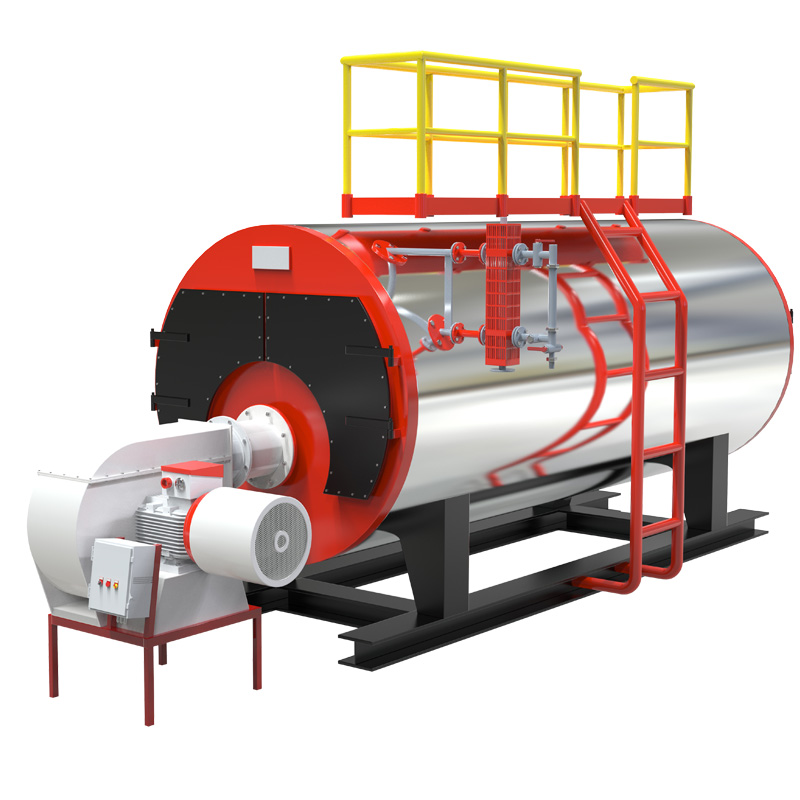
Dec . 01, 2024 17:28 Back to list
hot water boiler expansion tank pressure
Understanding Hot Water Boiler Expansion Tank Pressure
Hot water boilers are essential components of many heating systems, providing warmth and comfort in residential and commercial spaces. One critical aspect of a hot water boiler system is the expansion tank, which plays a vital role in managing pressure changes within the system. Understanding the pressure within the expansion tank is essential for maintaining efficiency, safety, and longevity of the heating system.
What is an Expansion Tank?
An expansion tank is a small, closed vessel that is connected to the heating system. Its primary function is to accommodate the expansion of water as it heats up. When water is heated, it expands; without a means to capture this expansion, pressure within the system could rise to dangerous levels. This could lead to boiler failure, leaks, or even ruptures in pipes.
The expansion tank consists of two chambers separated by a diaphragm. One chamber is filled with air, while the other is connected to the water supply. As the water heats and expands, it pushes against the diaphragm, allowing the excess water to enter the expansion tank, thereby alleviating pressure in the system.
Importance of Pressure Regulation
Maintaining the correct pressure in the expansion tank is crucial for the overall performance of the heating system. The expansion tank is typically designed to operate at a specific pressure range, often between 12 and 15 psi (pounds per square inch). If the pressure is too low, the system may not function efficiently, and if it is too high, it can pose safety hazards.
Regular monitoring of the pressure in the expansion tank ensures that the heating system operates within safe parameters. An overpressurized system can lead to the premature failure of the boiler, while an underpressurized system may cause inadequate heating throughout the home or building.
hot water boiler expansion tank pressure

How to Check Expansion Tank Pressure
Checking the pressure in an expansion tank is a straightforward process. First, ensure that the heating system is turned off and has cooled down. Using a pressure gauge, you can check the pressure in the expansion tank’s air chamber. For most systems, the optimal air pressure should be set when the system is cold.
If adjustments are necessary, you can add or release air using a standard air pump or compressor. It’s essential to use a pressure gauge to ensure accuracy, as incorrect pressure levels can lead to operational issues.
Common Issues with Expansion Tank Pressure
There are several common issues that can affect the pressure in an expansion tank. One frequent problem is the loss of air charge in the tank over time, which can cause the water pressure to rise. Regular maintenance and checks are crucial to ensure that the air pressure is within the recommended range.
Additionally, a malfunctioning expansion tank can lead to excessive pressure buildup in the system. Signs of a failing expansion tank include water leaking from the tank, unusual noises from the system, or frequent pressure fluctuations. If any of these symptoms occur, it is advisable to consult a professional technician for inspection and repairs.
Conclusion
Understanding the role of the expansion tank and the importance of maintaining proper pressure is vital for anyone who relies on a hot water boiler system. By ensuring that the expansion tank is functioning correctly and that the pressure is within the recommended limits, homeowners can enhance the efficiency, safety, and longevity of their heating systems. Regular monitoring and maintenance can prevent many common issues and lead to a more comfortable living environment, ultimately making your heating system more reliable and effective.
-
High-Efficiency Commercial Oil Fired Steam Boiler for Industry
NewsJul.30,2025
-
High-Efficiency Biomass Fired Thermal Oil Boiler Solutions
NewsJul.30,2025
-
High Efficiency Gas Fired Thermal Oil Boiler for Industrial Heating
NewsJul.29,2025
-
High-Efficiency Gas Fired Hot Water Boiler for Sale – Reliable & Affordable
NewsJul.29,2025
-
High Efficiency Biomass Fired Hot Water Boiler for Industrial and Commercial Use
NewsJul.29,2025
-
High-Efficiency Biomass Fired Hot Water Boiler for Industrial Use
NewsJul.28,2025
Related PRODUCTS






















